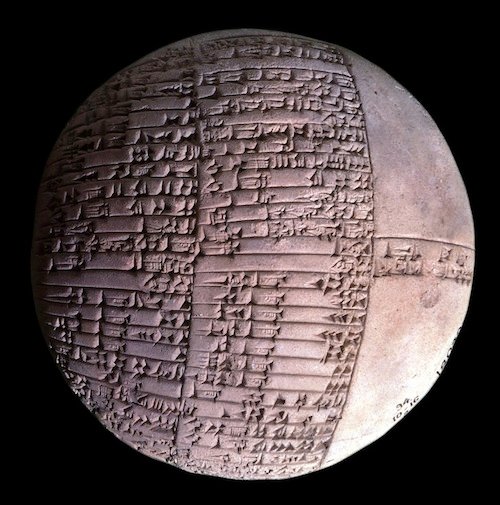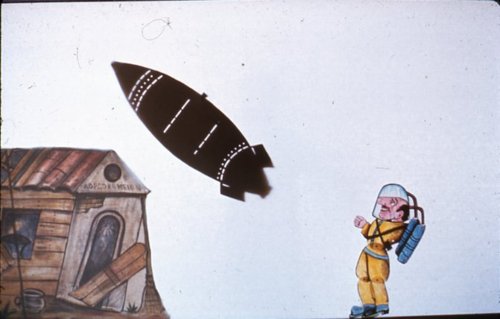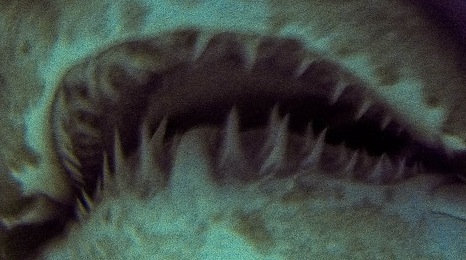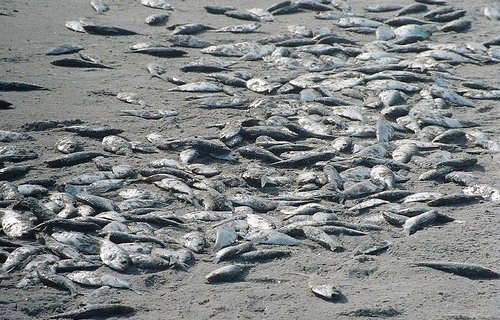Dave Bonta’s post about Google+ had me thinking about my relationships with various social networks.
I remember being rather resentful of Facebook because I had carefully carved out a space on the web: this blog. I liked being able to change the way it looked, and to fiddle with the internal workings; and above all I liked being able to post to my own space, without someone else’s corporate logo at the top of it, and someone else’s advertising running down the side.
And having gone to that trouble, it annoyed me to have to set up a new, separate web presence in Facebook’s walled garden, where my stuff would be presented the way Facebook thought was best. At least it wasn’t as bad as MySpace, but it still had a shitty user interface, and a cavalier approach to privacy, and I had to jump through hoops to get the material I was posting to my blog mirrored inside Facebook, and it never quite worked the way I felt it should.
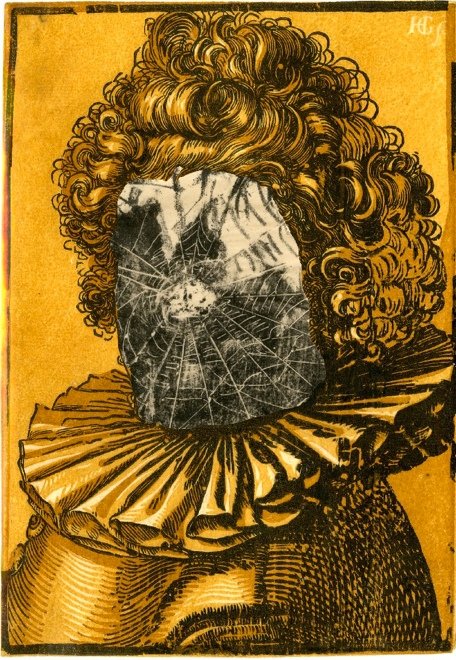
But, that was where my friends were. So that was where I needed to be. And since RSS feeds never quite broke through as a mainstream technology, if I did want any of them to read my blog, there had to be some way to let them know when I posted something. And over time I’ve got used to it and it doesn’t bother me much anymore… until I need to change a setting somewhere, when it drives me nuts.
So that’s Facebook: whatever its other faults, it’s the social network which actually has my friends on it. Perhaps they could use that as a slogan.
Then there’s Twitter. In some ways, Twitter is Facebook with all the crap taken out; no stupid games, no ads, just a string of status updates. Which I like. And I like the fact that the relationships are asymmetrical; you can read their updates without being their ‘friends’. It makes it sort of semi-social in quite a nice way.
But not many people I know are really active on Twitter. The people I follow are mainly a mixture of celebrities, journalists, science writers, nature bloggers and so on. So for me, it’s not actually a social network at all; it’s just an RSS reader with ADHD.
I don’t have a Google+ account yet, but from what I’ve seen it seems like a nice balance between Facebook and Twitter: it has less accumulated cruft than Facebook (so far at least), better privacy controls, and asymmetrical relationships. It’s somewhere between a streamlined Facebook and a beefed-up Twitter. Which sounds like it might be a perfect replacement for both. Except unless the whole world agrees at once to ditch Facebook and Twitter, it won’t actually replace either of them: it will just be another endless stream of stuff to distract us.
Which brings me on to Tumblr. I didn’t actually join Tumblr for its social networking; I was posting lots of links on this blog and wanted to spin those off into a separate site and leave this blog for longer pieces. And rather than create yet another WordPress installation, joining Tumblr seemed an easy way of doing it. But in fact I got sucked into the ‘social’ aspects of looking through other people’s posts, and liking and reblogging them. Not that it feels remotely like a genuinely sociable activity — there’s not much personal connection there — but scanning through other people’s posts is fun, and when they like or reblog my own posts there’s a little hit of positive reinforcement, so it’s quite addictive and a complete timesuck.
And I’ve been enjoying it, but I can’t help feeling that the result has been to weaken this blog and to fragment my online presence even further. I’ve even thought of posting a weekly Tumblr roundup here, of some of the more interesting stuff… which might work quite well but just brings me back to doing a manual version of the automated links which Tumblr was supposed to replace.
In some ways I do want to try Google+; partially because it’s a new toy but also because they seem to have learnt from the mistakes and successes of previous networks. It looks genuinely well-thought-out. But another part of me thinks it’s just madness. I’ve already got an RSS reader, Facebook, Twitter and Tumblr on the go, not to mention Goodreads and Flickr: surely I have enough information streams to keep me busy.
And this continuing fragmentation brings me back to my initial objection to social networks: I already have a bit of the internet, thank you, one which I set up years ago and I administer. And I want to be able to put my own website at the centre of my online identity: not my Google profile, not my Facebook page, not my Twitter stream. I know it’s a terribly retro idea, but I like the idea of my own website being my ‘homepage’.
However. That personal preference of mine is hardly the point. I’m sure the last sad users of MySpace had a strong personal preference as well, but in the end they just turned out to be a load of Cnuts. And the number of visitors to this site has been slowly but steadily declining. That is no doubt mainly my own fault for not being interesting enough, but whatever the reason: it’s depressing.
So where does all that leave me? I don’t know, really. Dissatisfied with the status quo but without any good ideas for how to change it.
